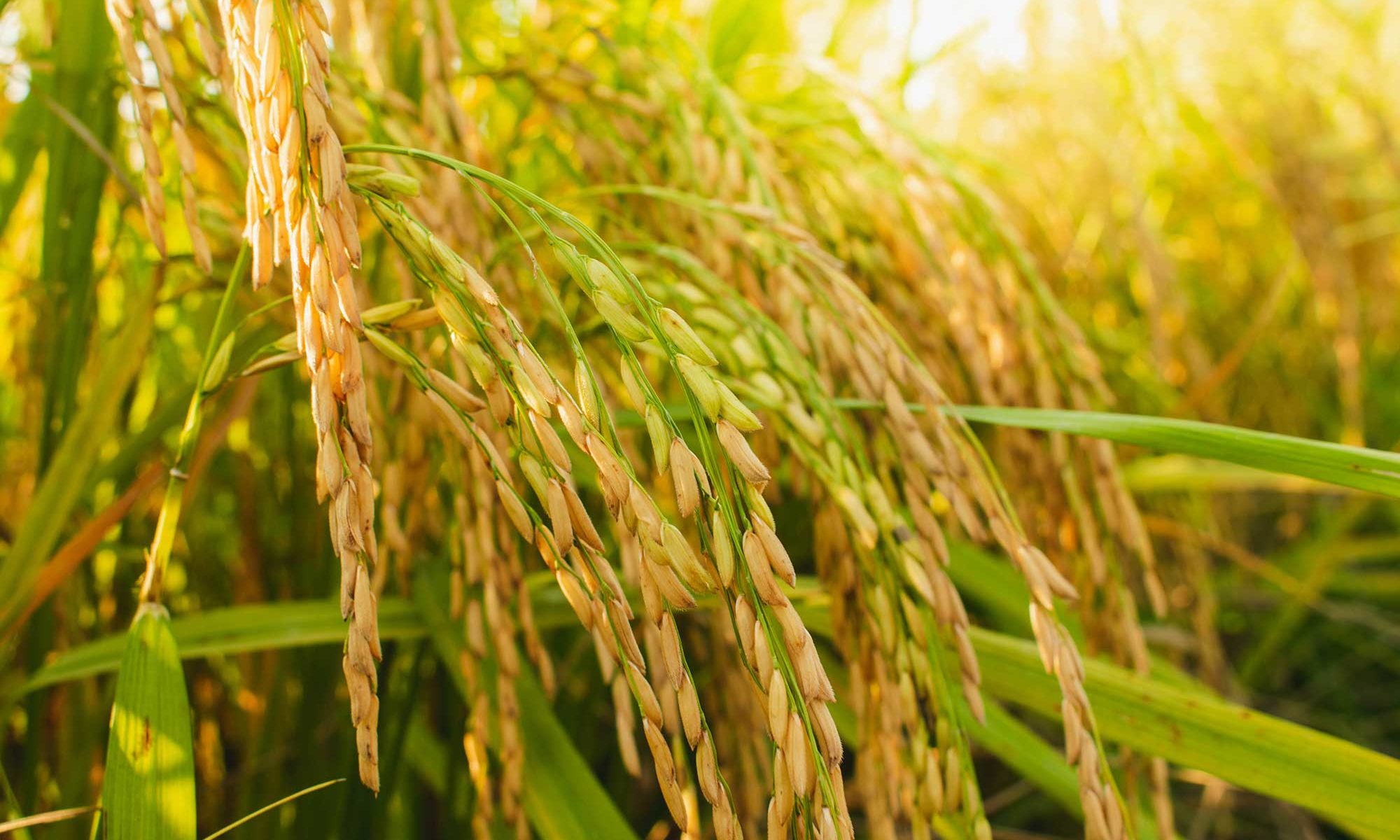Crop yield is complex because many genes work together to influence plant productivity. For years, biotechnologists searched in vain for single genes that increase yield. The focus has now shifted to genes that control other genes and thus regulate multiple aspects of physiology, such as taking up nutrients from the soil, determining the rate of photosynthesis, and directing resources from leaves to seeds. Previous research has already found that this can produce a 10% increase in yield in maize; a significant gain compared to the 1% increase per year achieved with traditional plant breeding.
Regulatory genes
A team led by plant biologist Wenbin Zhou of the Chinese Academy of Agricultural Sciences (CAAS) looked at 118 such regulatory genes for rice and maize that previous research suggests can help the plant absorb nutrients in nitrogen-poor soil. By increasing the activity of these genes in rice grown in normal soil, the plant would take up even more nitrogen and produce more.
The approach could also be tried with other crops; the new study already reports preliminary findings in wheat. Regulatory genes such as OsDREB1C are present not only in rice, wheat and other grasses, but also in broad-leaved plants. The researchers found similar results when adding an extra copy to the mustard plant Arabidopsis.
Read the full article in Science.
Image: su prasert/Shutterstock



